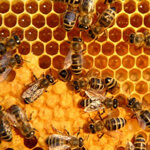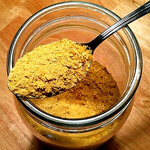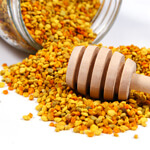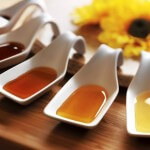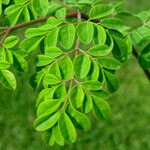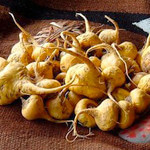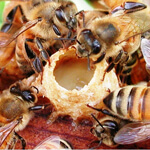
Royal jelly is a substance secreted from the glands of worker bees to feed their larvae and queens. It is thick in texture, milky-white in color, and has been harvested by humans for centuries for its alleged rejuvenating properties. Indeed, it is a fact that queen bees – which are fed royal jelly their entire lives – live approximately 40 times longer than drone or worker bees, largely due to the jelly’s nutritiousness. List of…


